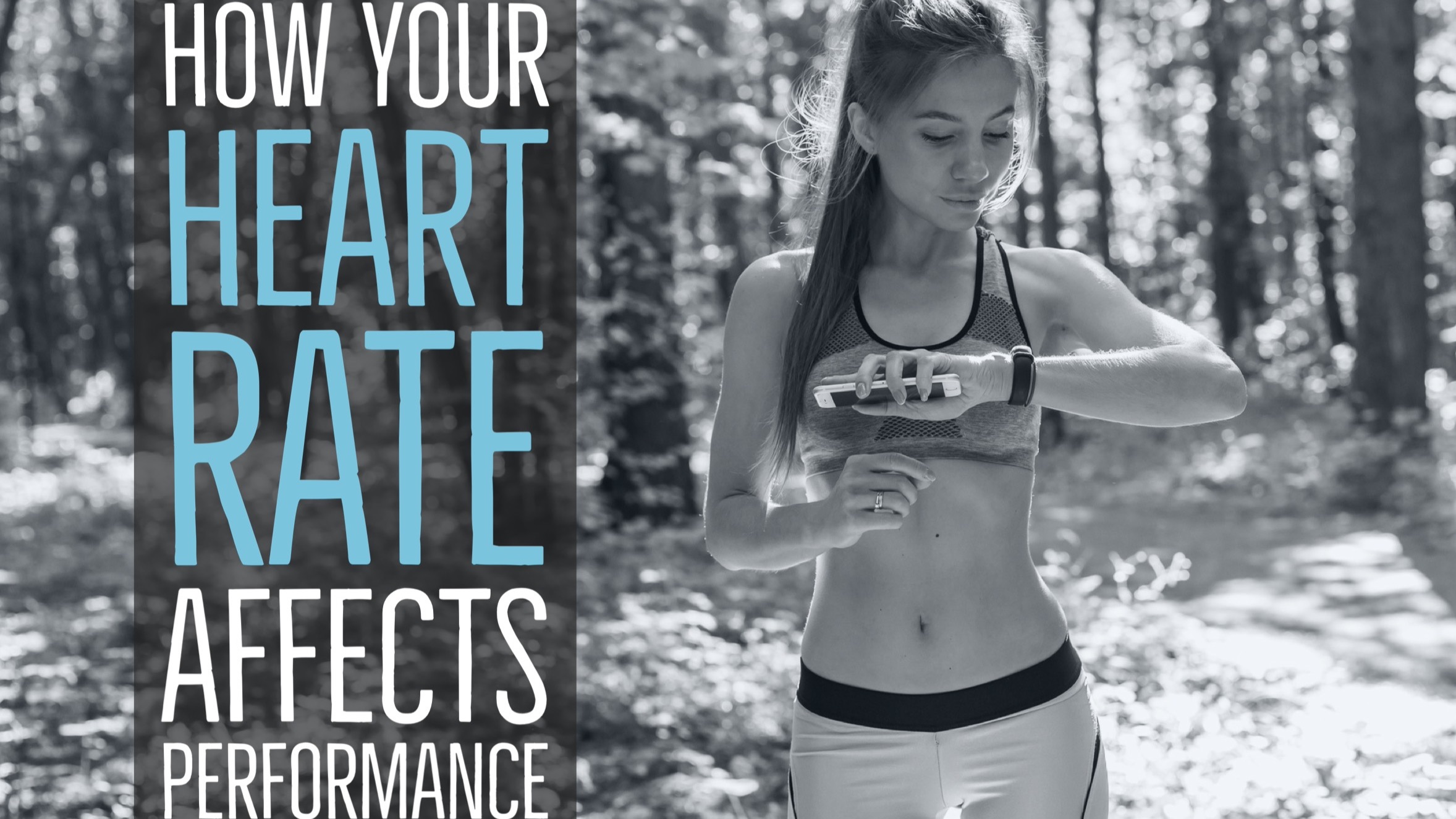
Learn How Your Heart Rate Affects Athletic Performance
When it comes to physical conditioning, heart rate plays a crucial role in determining an athlete's level of exertion. In this article, we will explore the relationship between heart rate and athletic performance and how monitoring heart rate can optimize an athlete's conditioning.
Understanding the Connection Between Heart Rate and Oxygen Delivery
The heart pumps oxygen-rich blood to the body's muscles during exercise, resulting in an increase in heart rate. The intensity of the exercise determines the rate at which the heart beats, and monitoring heart rate can help athletes determine the appropriate intensity level for their training program.
Using Heart Rate Monitoring to Track Progress
Athletes and trainers use heart rate monitoring to measure the intensity of physical activity and track progress over time. High-intensity interval training (HIIT) is an effective way to increase endurance, and heart rate monitoring can help athletes maintain the appropriate intensity level during these workouts.
Gauging Fitness Level with Resting Heart Rate
Heart rate can provide insight into an athlete's overall fitness level. A well-conditioned athlete will typically have a lower resting heart rate and be able to recover more quickly after exercise. By monitoring heart rate, athletes can track improvements in their fitness level and make adjustments to their training program as needed.
Preventing Overtraining with Heart Rate Monitoring
Monitoring heart rate can also help prevent overtraining, which can lead to injury, burnout, and decreased performance. By keeping track of heart rate during training, athletes can avoid pushing themselves too hard and ensure they are allowing their bodies adequate time to recover between workouts.
In conclusion, heart rate plays a vital role in athletic performance and physical conditioning. By monitoring heart rate during exercise, athletes can ensure they are training at the appropriate intensity level, track improvements in their fitness, and prevent overtraining. This information can be used to optimize athletic performance and improve overall fitness.
How do you monitor your heart rate during exercise? Do you use a heart rate monitor, or do you rely on other methods? Let us know in the comments!
References:
Wilmore, J. H., & Costill, D. L. (1994). Physiology of Sport and Exercise. Champaign, IL: Human Kinetics. American Council on Exercise. (2019). Heart Rate: The What, Why and How. https://www.acefitness.org/education-and-resources/professional/expert-articles/6192/heart-rate-the-what-why-and-how Joyner, M. J., & Coyle, E. F. (2008). Endurance exercise performance: the physiology of champions. The Journal of Physiology, 586(1), 35-44. https://doi.org/10.1113/jphysiol.2007.142109




